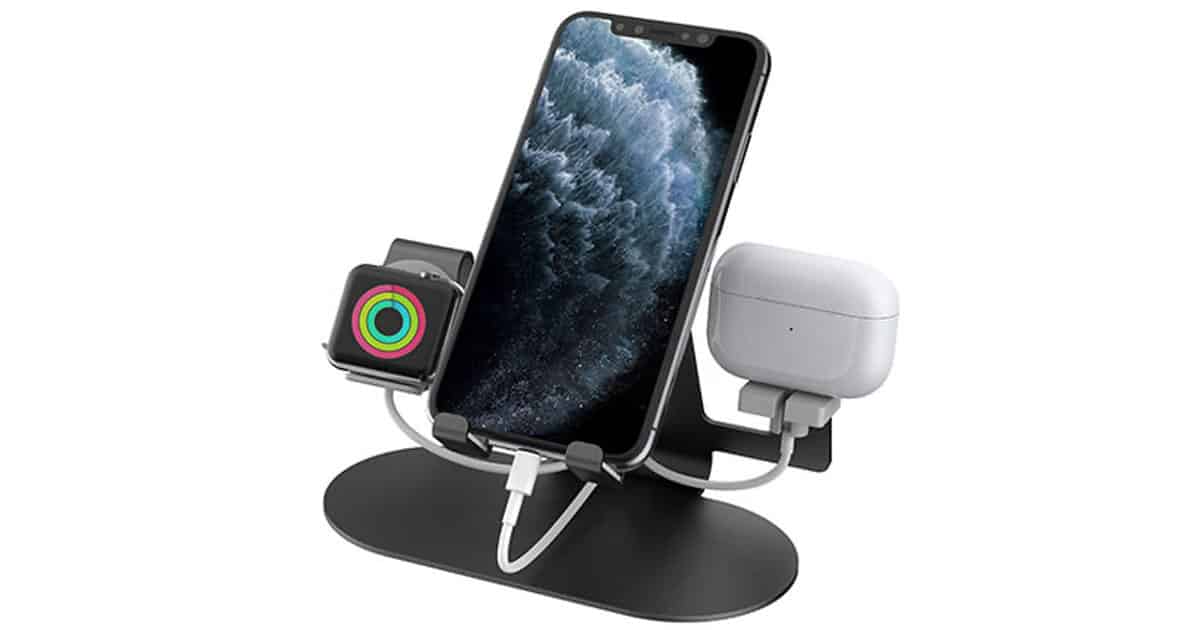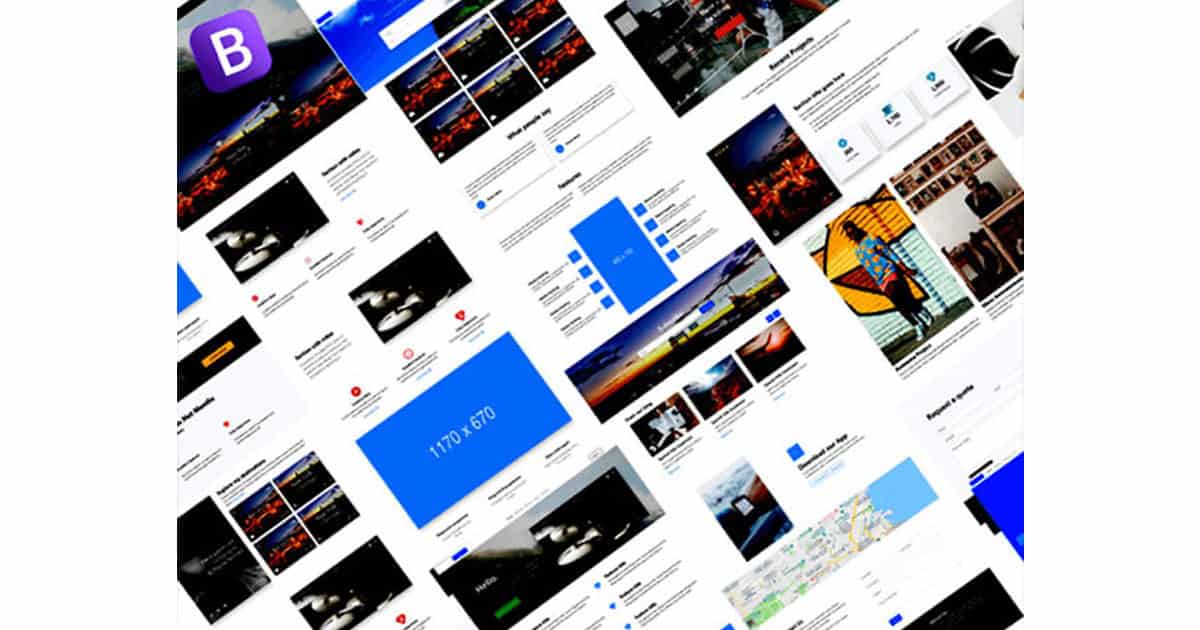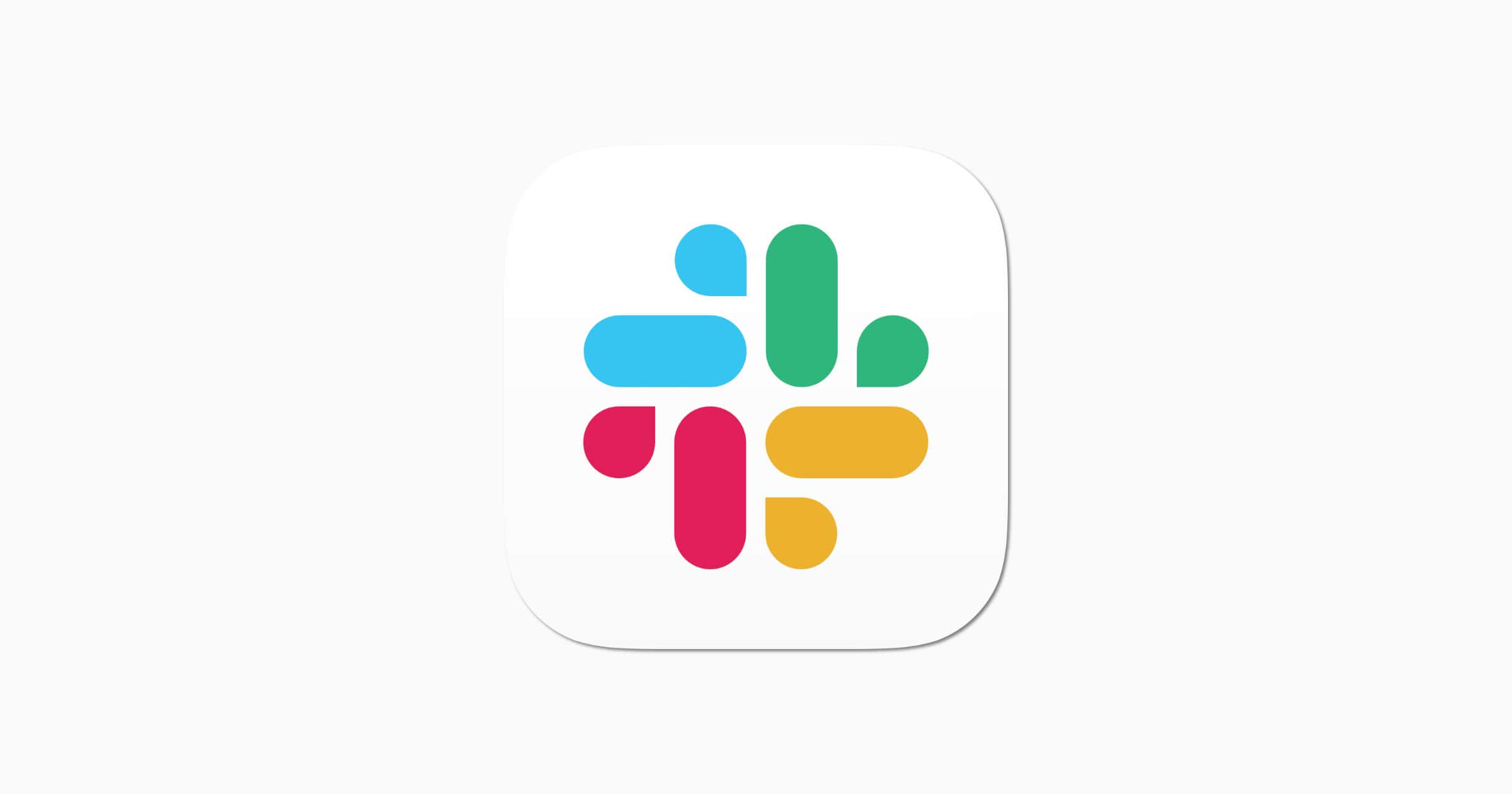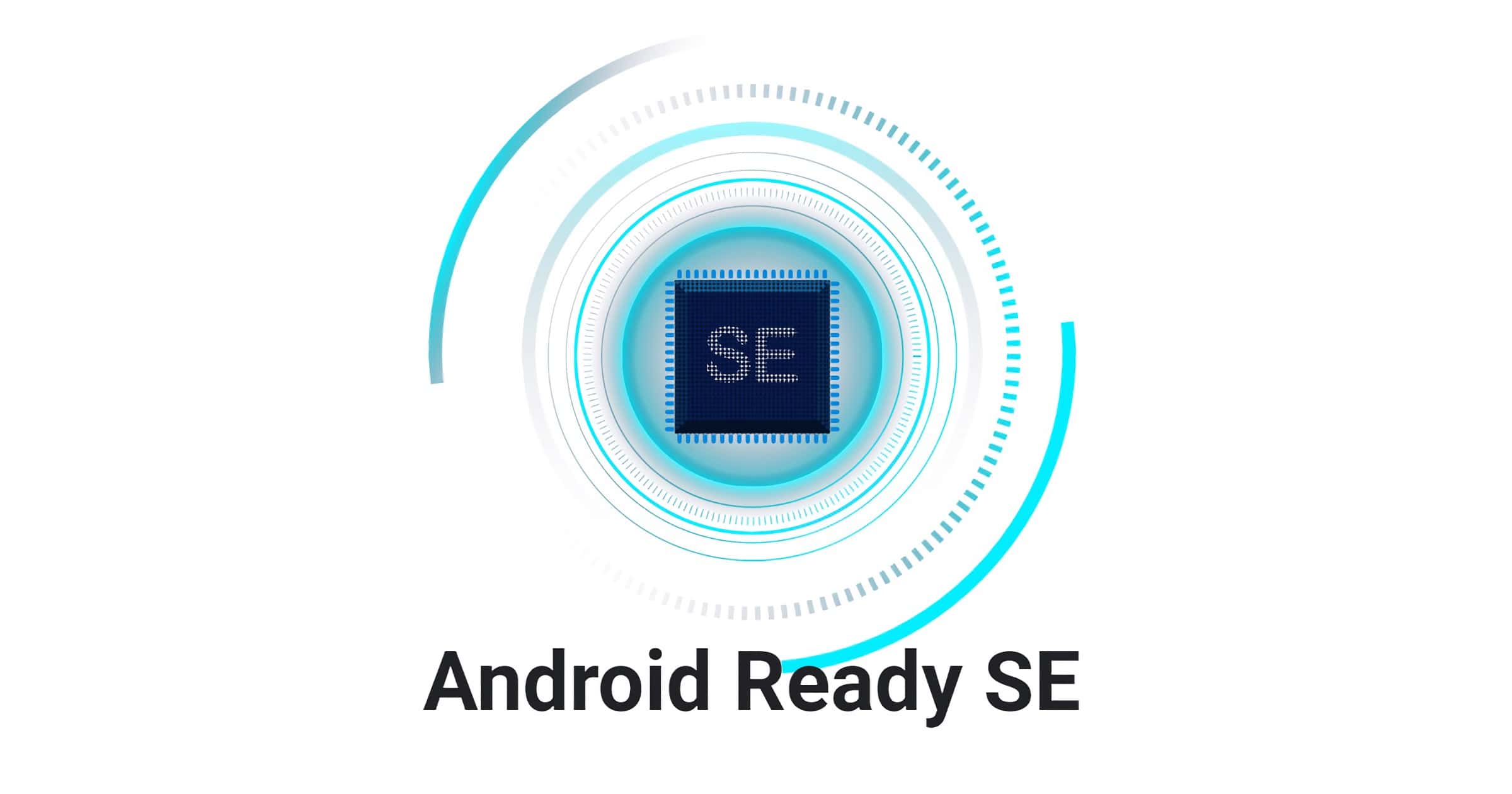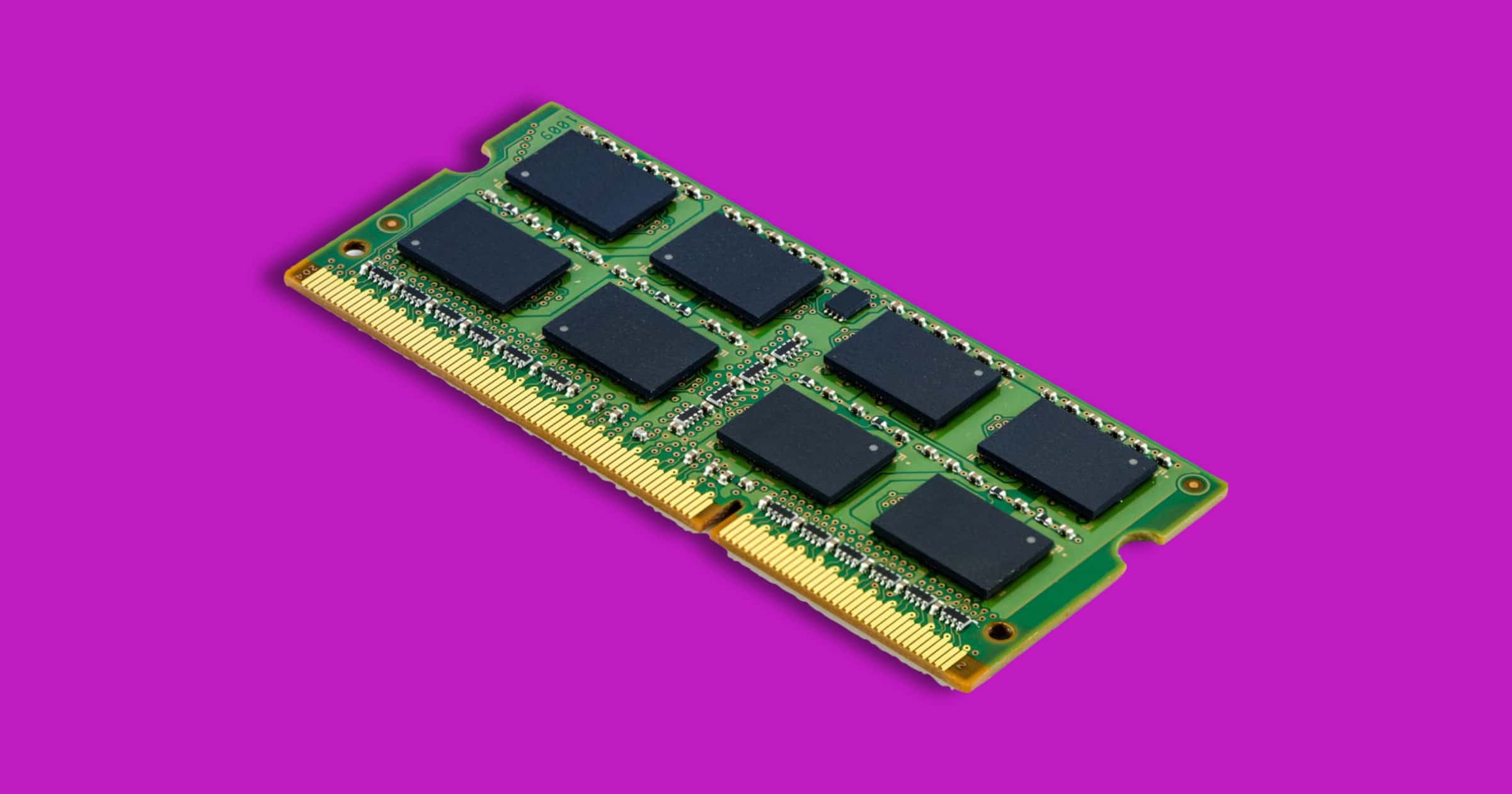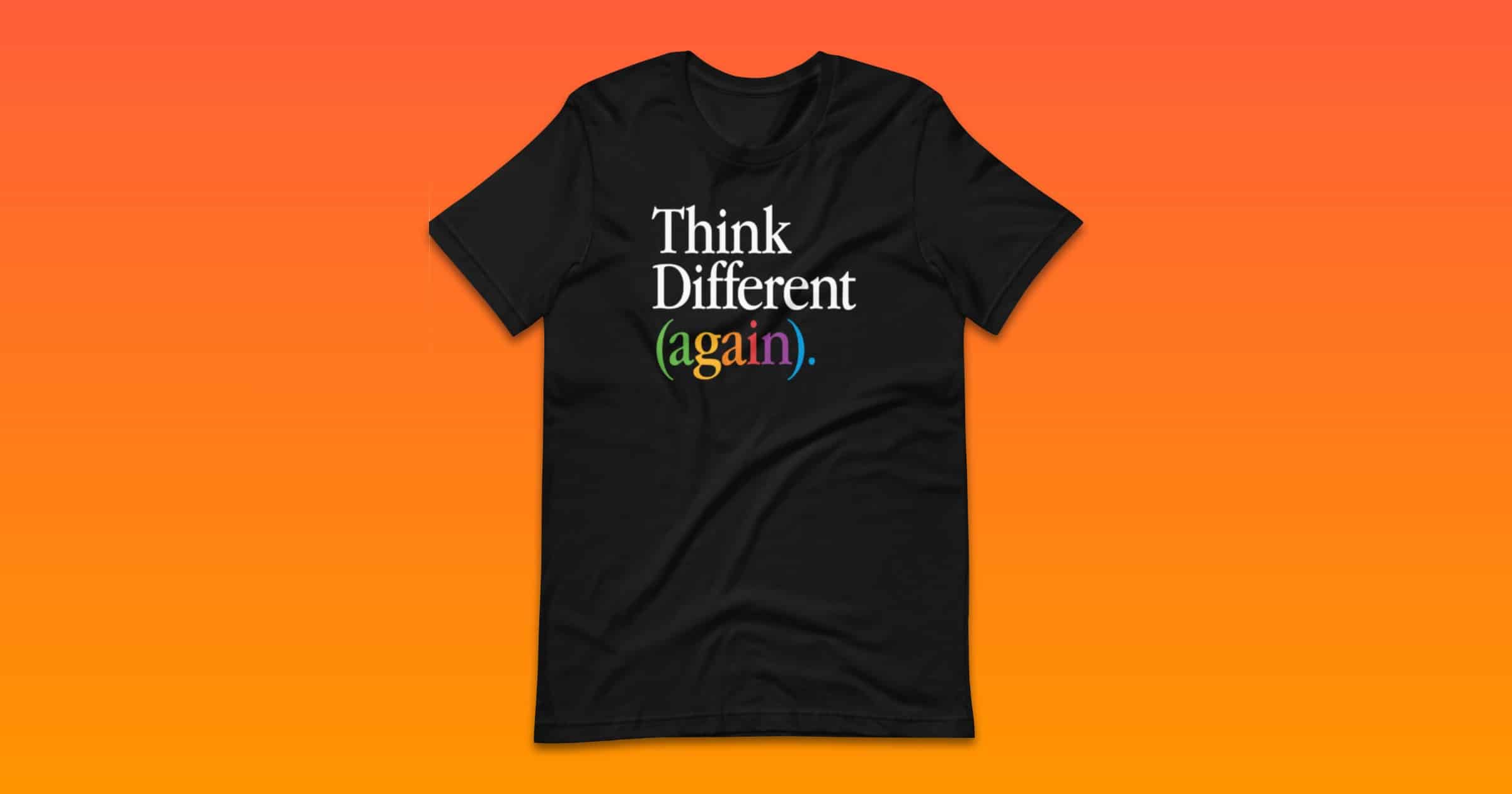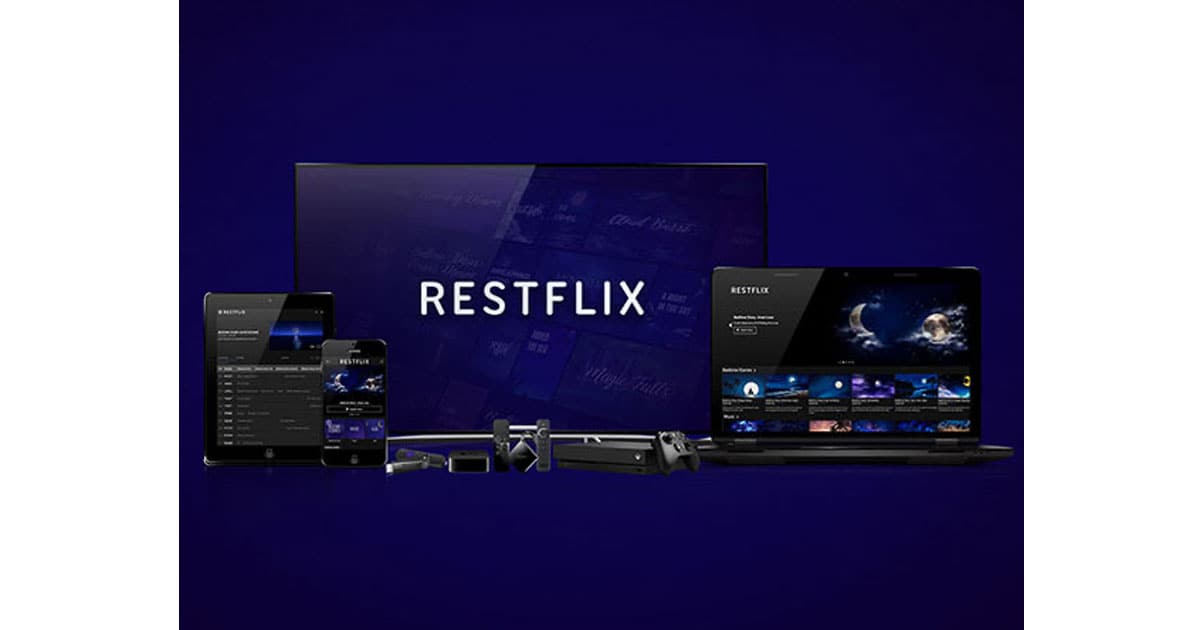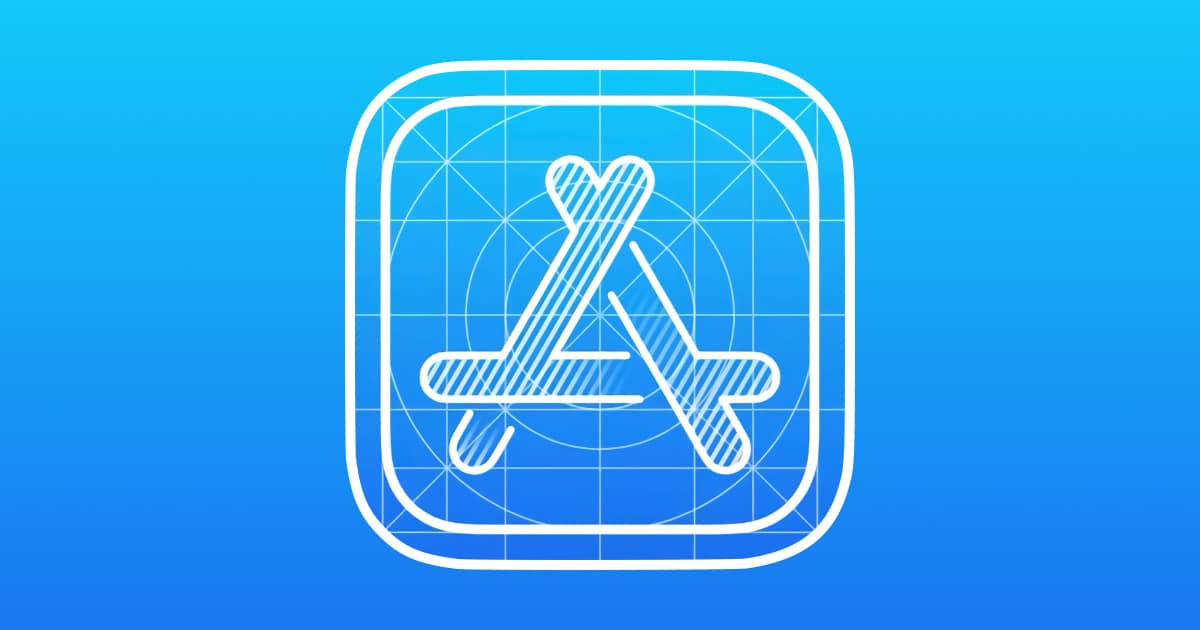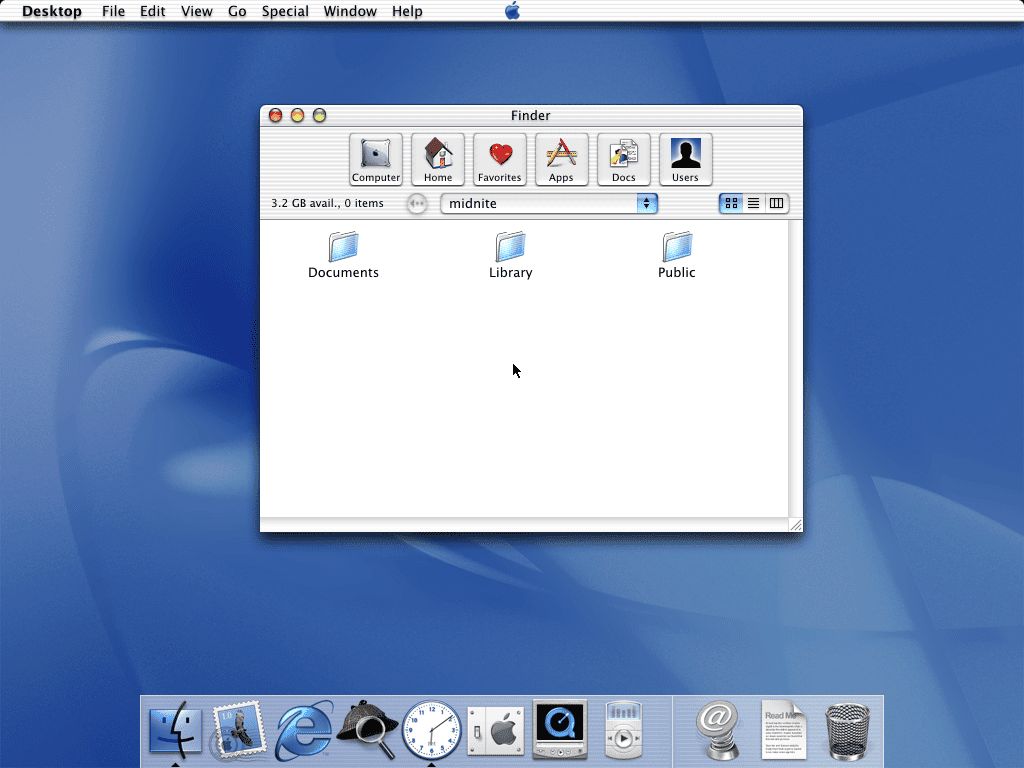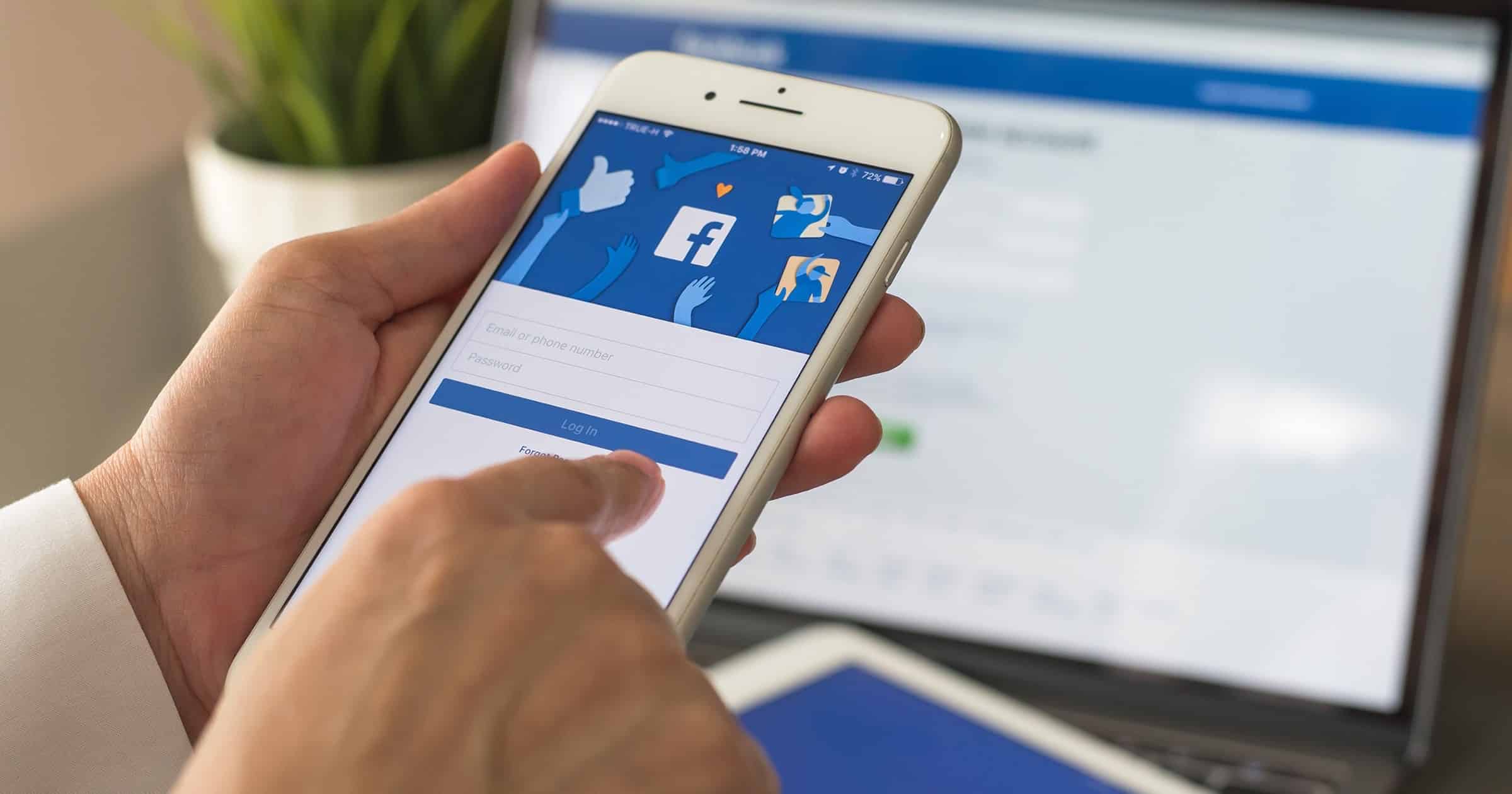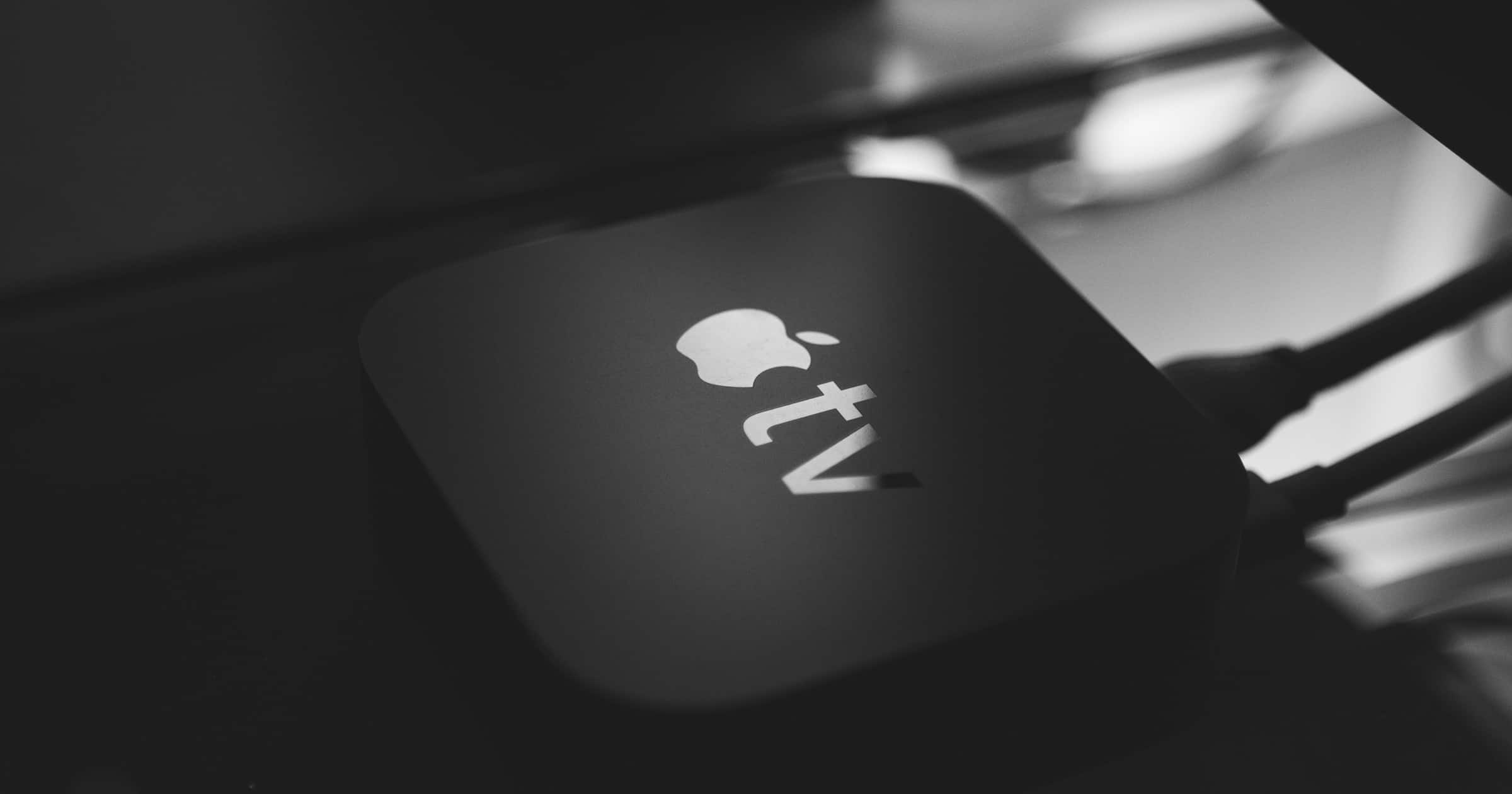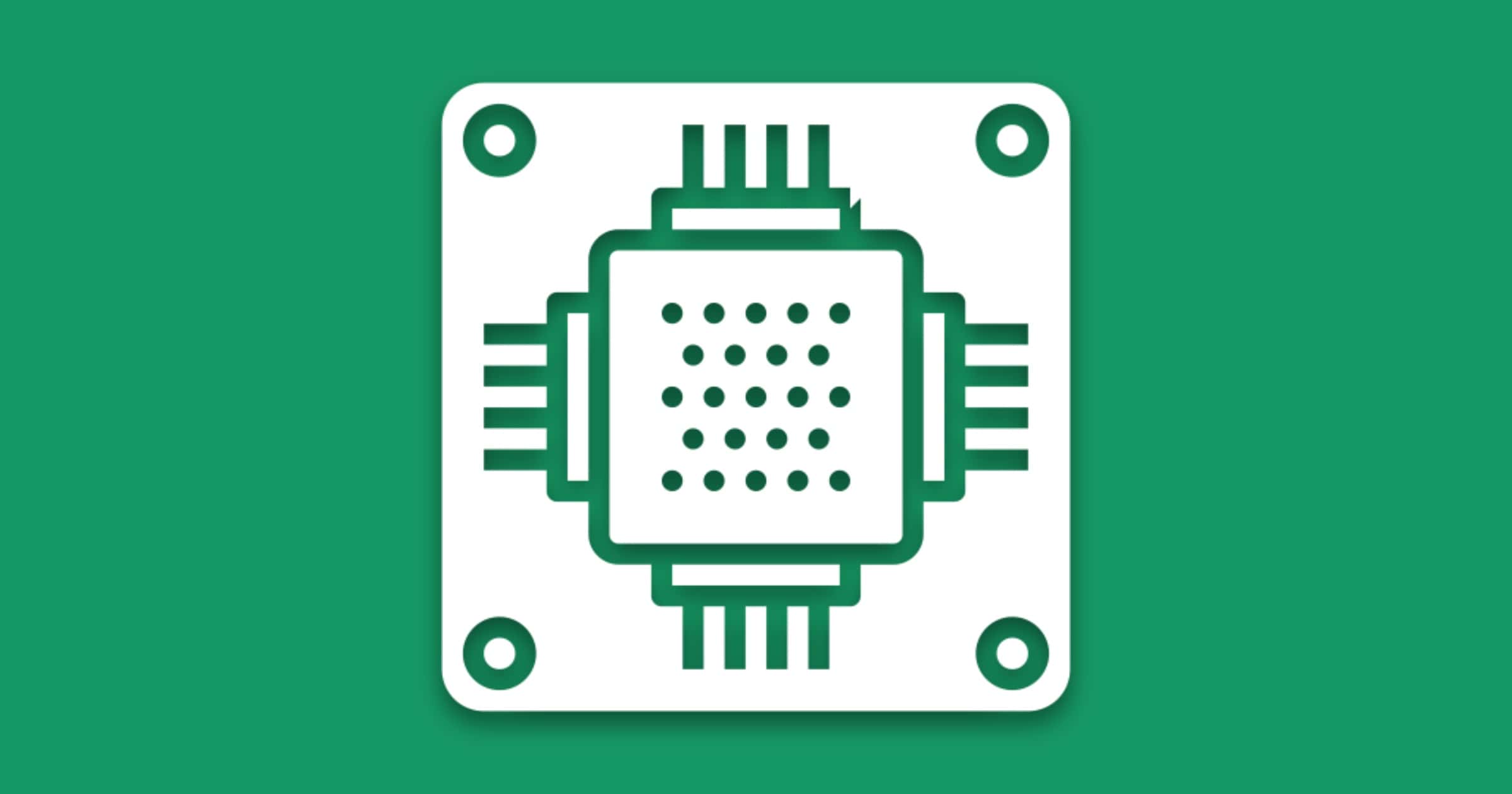We have a deal on the Trio 3-in-1 Aluminum Desktop Charging Stand, an iPhone stand that also has holders designed for AirPods and Apple Watch. There’s also a cable-management system, making it a one-stop charging stand. It’s $19.99 through our deal.
Visa Will Accept USD Coin Cryptocurrency to Settle Transactions
USD Coin (USDC) is a stablecoin tied to the U.S. dollar, meaning that one USDC is equal to one dollar. Visa announced that it will accept these coins to settle transactions on its network in partnership with Crypto.com.
Traditionally, if a customer chooses to use a Crypto.com Visa card to pay for a coffee, the digital currency needs to be converted into traditional money. The wallet will deposit fiat currency in a bank account, to be wired to Visa at the end of the day to settle any transactions, adding cost and complexity for businesses. Visa’s latest step strips out the need to convert digital coin into traditional money in order for the transaction to be settled.
iPhone 13 : Orange is Not The New Black
Whether it’s clothing or iPhones, I generally stick to variations of black, grey, and white. (I got a Blue iPhone XR – a major step forward for me – before retreating back into my comfort zone with the darker )!) Forbes contributor David Phelan appears to be a big fan of brightly-colored devices though. He was disappointed that Max Weinbach and Filip Koroy from Everything Apple Pro have said an orange iPhone 13 is unlikely.
However, it almost always saves its brighter colors for the regular rather than the Pro. And Apple has come very close to an orange iPhone already in the shape of the iPhone XR in coral, which had a lobster-orange look to it. Anyway, if the thought of a matte-finish orange iPhone appeals to you as much as it does me—and, to be clear, it appeals to me a lot—then before we go any further I should tell you: it’s not coming. According to Weinbach, although it reached a certain stage in the production process, it’s unlikely to make it to launch. Well, I’m taking heart that that’s not a definite no, but it seems my hopes for an orange iPhone are currently doomed.
Blueprints Website Builder Lifetime Subscription: $25
We have a deal on Blueprints Website Builder. This service allows you to instantly build websites with 200 examples pages, 500 responsive blocks, 30+ navigation panels, and more, all with no coding knowledge required. A lifetime subscription is $25 through our deal.
Stories and Audio Messages are Slack’s Next Goals
Slack wants audio messsages to be its next feature and it’s currently testing them in beta. It also wants to bring Snapchat-like stories to the platform.
Butterfield said that a feature for leaving audio messages, similar to a function available in messaging apps like Telegram, was available in a beta test. He also said that Slack would soon offer a feature akin to the audio-chat app Clubhouse, which allows users to drop into rooms for conversations without requiring scheduling a meeting or initiating a call.
Google Moves to Create Android Version of Apple Digital CarKey
Apple introduced digital car keys with iOS 13.6, and it looks like Google wants to do the same for Android.
With this new SE standardization effort, Google wants to support “digital keys” for your car, home, and office; mobile driver’s licenses; national IDs; ePassports; and the usual tap-and-go payments. Google notes that this initiative isn’t just for phones and tablets; Wear OS, Android Automotive, and Android TV are also supported.
Civilization VI Gets New ‘Zombie Defense’ Mode With Portugal Pack
Zombies are trudging their way into Civilization VI in the new Portugal Pack DLC. It comes with a new leader and civilization.
In the final Civilization 6 Frontier DLC, Portugal Pack, players will get access to the Portuguese civilization and leader Joao III. This isn’t anything surprising, as the game series has released new leaders like this in the past. What has come as the biggest surprise is the new zombie mode being released in this DLC. Usually found in the FPS genre, zombies have occasionally made an appearance in strategy games before.
I’ll leave you with this fine song.
Samsung Unveils Insane DDR5 512GB Memory
On Thursday Samsung revealed an industry-first 512GB DDR5 memory running up to 7,300Mbps.
Samsung’s DDR5 will utilize highly advanced HKMG technology that has been traditionally used in logic semiconductors. With continued scaling down of DRAM structures, the insulation layer has thinned, leading to a higher leakage current. By replacing the insulator with HKMG material, Samsung’s DDR5 will be able to reduce the leakage and reach new heights in performance. This new memory will also use approximately 13% less power, making it especially suitable for datacenters where energy efficiency is becoming increasingly critical.
Check Out Throwboy’s Cute Apple Clothes Collection
Throwboy is usually known for its pillows and blankets, but Juli Clover writes it’s launching a line of Apple-themed shirts.
There’s a rainbow design that lists Apple’s most important products like the Macintosh, iMac, iPod, and iPhone, along with a “1984” design that harkens back to the classic Apple ad and a “Think Different (Again)” t-shirt. Each shirt is priced at $32.99 and can be purchased from the Throwboy website.
Apple Faces Case Alleging Discrimination Against South Asian Engineer
Apple is facing a discrimination lawsuit brought by an Indian female engineer. She alleges that her two managers, one of whom was from India, the other from Pakistan, discriminated against her, Bloomberg News reported. It comes at a time of increasing focus on how Silicon Valley firms treat South Asian employees.
The woman’s case in California state court is the latest to allege workplace bias in Silicon Valley that focuses on cultural prejudices of some tech workers from South Asia. Cisco Systems Inc. is fighting a suit brought by California’s civil rights agency alleging bias against a member of India’s so-called lower castes, known as Dalits. Anita Nariani Schulze is part of the Sindhi minority — she is Hindu, with ancestry in the Sindh region of what is now Pakistan. Her complaint alleges that her senior and direct managers, both male, consistently excluded her from meetings while inviting her male counterparts, criticized her, micromanaged her work, and deprived her of bonuses, despite positive performance evaluations and significant team contributions. Schulze claims the managers’ animus reflects sexism, racism, religious bias and discrimination on the basis of national origin. The Sindhi Hindu nationality is “known for its technical acumen” and its gender equality, she says, which “exacerbated the managers’ discriminatory treatment.”
That Container Ship Blocking the Suez Canal Will Affect ‘Anything You See in Stores’
One of the world’s biggest container ships has blocked the Suez Canal, a vital shipping route. Delays could mean higher prices for gas and other items.
The extent depends on how quickly the massive vessel, the Ever Given, which holds upward of 20,000 shipping containers and is as long as the Eiffel Tower is tall, can be moved out of the way. Everything from food, furniture, clothes, shoes, exercise equipment, electronics, car parts and carpets could be affected, logistics experts say. “Basically anything you see in the stores,” said Lars Jensen, an independent container shipping expert based in Denmark.
iPad Helps Australian Primary School Drive Innovation And Creativity, Navigate COVID-19 Pandemic
Apple has revealed the story of an Australian primary school that put technology, particularly iPad, at the heart of its work to keep students engaged during the COVID-19 pandemic. St Therese Catholic Primary School in Sadleir Miller has students from 50 different cultures, 73 percent of whom are from non-English-speaking backgrounds and three-quarters of whom have English as their second language. Principal Michelle McKinnon explained how years of integrating technology helped drive innovation and creativity amongst her students, as well as guide them through the pandemic.
“The creativity of our students really hit us — they were so clever at sharing what they’d learned,” says McKinnon. “Students shared their own passions and interests more freely in the remote setting, revealing previously undiscovered talents and strengths.” A self-directed learning program invited children to showcase their talents by selecting their own research topics while they studied at home. Using Keynote, iMovie, Pages, Text to Speech, and stop-motion animation, students shared their findings on subjects as wide-ranging as the Great Barrier Reef, painter Vincent van Gogh, and disease prevention in horses. During lockdown, students used the Seesaw app to create digital schoolwork portfolios and share them with teachers. These proved so popular with students, teachers, and families that they are now standard practice at St Therese.
Surfshark VPN 3-Year Subscription: $83.99
We have a deal on a subscription to Surfshark VPN, a service that offers Military-grade AES-256-GCM encryption, support for IKEv2 and OpenVPN protocols, and unlimited simultaneous connections. A 3 year subscription is $83.99 through our deal, and the deal listing has 2 and 4 year options, too.
You Can Now Use Orchid VPN Starting at a Dollar
Orchid VPN now costs as little as US$1 to get started with the service, the company announced on Thursday.
With Orchid’s iOS and macOS app, users simply buy VPN credits for $1, $5 or $20, which is then turned into a XDAI-backed account. Once the user’s VPN is active, users are only charged for the bandwidth run through the VPN, with no recurring monthly or annual subscription fee, in stark contrast to other VPN offerings. The current market rate for Orchid service is only $0.06 per GB.
A pay-as-you-go blockchain-based VPN is an interesting service.
Disney+ Price Will Increase to $7.99 This Friday
Streaming service Disney+ is increasing its price to US$7.99 this Friday, March 26.
As previously announced back in September, Disney+ subscriptions and its bundle package with ESPN+ and ad-supported Hulu are getting a price hike. Beginning March 26, subscriptions for the service will jump from $7 to $8 per month, while the annual subscription option will jump from $70 to $80 per year. The Disney+ bundle will increase from $13 to $14 a month.
Cred.ai Offers a Unicorn Credit Card Powered by AI
Cred.ai is a new fintech company that wants to help you improve your credit score with its special credit card powered by AI.
As you buy items on your credit card, Cred will automatically pay them off from your bank account—not instantly (that way, you can still build credit) and not necessarily at the end of the month (that way you don’t float too much debt at any given time, which can also hurt your credit). Even if you autopay your credit card monthly, Cred’s AI can, in theory, do better.
This is old news, but I’m sharing it because the Cred.ai app is now available in the App Store to apply. I applied for the card last night to hopefully review in the future. There is a waiting list unless you have an invite code.
Music and Videos Designed to Aid Rest, Sleep, Stress, and Anxiety: $29.99
We have a deal on Restflix, a streaming service designed to help users fall asleep faster and rest better. It features more than 20 personalized channels full of sleep meditations, bedtime stories, calming visuals, and binaural beats to harness the brain’s responsiveness to sound and help create a meditative, restful state. It also has apps for Apple TV, iOS, Roku, Android, and Fire TV. 1 year is $29.99 through our deal, and there are longer subscriptions in the deal listing, too.
Brother-Sister Duo Charged With Stealing MacBooks From Stanford
Two people pleaded guilty to federal charges this week in a scheme to steal and re-sell hundreds of MacBooks from Stanford.
Castaneda was charged with thefts totaling around $4 million, while $2.3 million in stolen goods were attributed to her brother. Authorities say the computers were sold on Craigslist to an uncharged co-conspirator, a Folsom man, who resold them to people living in other states.
The article mentions approximately 800 MacBooks.
Reasons Why Developers Prefer Testing on iOS
There are a variety of reasons why many developers prefer to launch and test their apps on iOS instead of Android. Screenrant broke down some of them, including the benefits of the greater control and uniformity found in Apple’s system.
There are many reasons why developers tend to prefer iOS over Android with a commonly suggested one being that iOS users are more likely to spend on apps than Android users. However, the locked down user base is a far more basic and important reason from the developer perspective. With iOS, developers gain access to a significant number of users and on a limited number of devices. This combination lends itself very well to apps that are still in an early and beta testing state. Essentially, the level of control developers have over the iOS experience is far greater than with Android, and that’s likely to make a significant difference when deciding which operating system to launch on first.
Connect DMs Turns Slack Into a Fully-Powered Messaging App
Slack, the increasingly popular update, has launched a new system that allows all users to privately message each other (T&Cs apply). Protocol outlined how it is trying to be the go-to destination fo all business communications.
The new system is called Connect DMs, and works a bit like the messaging apps and buddy lists of old: Users send an invite to anyone via their work email address, and once the recipient accepts their new contact is added to their Slack sidebar. The conversations are tied to the users’ organizations, but exist in a separate section of the Slack app itself. Connect DMs turns Slack from an app for chatting with co-workers into an app for chatting with anyone. It puts Slack on par with both enterprise tools like Microsoft Teams and free consumer services like WhatsApp and Facebook Messenger. “When someone opens up their phone,” said Ilan Frank, Slack’s VP of product, “if they’re connecting with their friends, they click on Facebook or WhatsApp. If they’re connecting with someone they work with, regardless of where that person works, they should be clicking on Slack.”
[Update March 25: Slack Has to Reverse Course on Connect DMs Feature After Harassment Concerns]
Mac OS X is 20 Years Old Today
On March 24, 2001, Apple launched Mac OS X. MacRumors has a really nice summary of the profound shift that came about following the arrival of ‘Cheetah’, and how it transformed both Apple and how we use its products.
Mac OS X was introduced at the January 2000 Apple keynote at the Macworld Expo. Steve Jobs at the time said that Mac OS X would “delight consumers with its simplicity and amaze professionals with its power.” He also said it was the “most important software” from Apple since the original 1984 Macintosh operating system. The Aqua interface introduced the now well-known Dock for easy access to applications and documents, plus it included Apple’s revamped Finder for file management. And, of course, Aqua was most well-known for its iconic look, which included translucent scroll bars and buttons. Other features included advanced power management to let iBooks and PowerBooks wake from sleep instantly, dynamic memory management, and Apple’s Quartz 2D graphics engine for “stunning graphics” and broader font support. It came with QuickTime 5, iMovie 2, iTunes, and AppleWorks (Apple’s productivity software at the time).
Facebook's Content Moderation Rules Revealed
Facebook has public guidelines, but the advice on which content moderators base their decisions is a closely guarded secret. The Guardian, however, has got hold of a copy of the 300-page document. It goes into minute detail, including dictating which emojis count as “praise” or “condemnation.”
A particular area of contention surrounds what are defined as dangerous individuals and organisations. In the leaked documents dating from December 2020, moderators for Facebook and Instagram are instructed how to define “support” for terrorist groups and other “dangerous individuals”, whether to distinguish between “explaining” and “justifying” the actions of terrorists, and even in what contexts it is acceptable to call for the use of “gas chambers”. While Facebook’s community guidelines – once almost entirely hidden from the view of users – have been public since 2018 when it first laid out in a 27-page document what it does and does not allow on its site, these newly leaked documents are different. They constitute much more detailed guidelines on what the published rules mean in practice. Facebook has long argued that to publish the full documents would be counterproductive since it would let malicious users avoid a ban for deliberately borderline behaviour.
Making The Case For The Apple TV
Over on AppleInsider, Neil Hughes has put forward the case for defense for the Apple TV. He also suggested some different directions the device could be taken in. It works nicely alongside Tuesday’s episode of Media+!
If the Apple TV is to ever be promoted from its “hobby” status, that probably means that Apple would need to enhance and grow the product lineup with more options. So perhaps that means it employs a few of the potential outcomes outlined above, allowing the company to hit various price points and needs. It’s not difficult to envision a premium Apple TV with soundbar and/or built-in Siri smart home capabilities, being sold alongside an inexpensive $50 stick with access to the tvOS App Store limited to streaming apps. And perhaps in the middle there could be a gaming-focused model, shipping with a controller but not focusing on the extraneous voice and smart home controls that gamers might not care about.
Global Semiconductor Chip Shortage is Becoming a Crisis
The world’s supply of semiconductor chips has faced shortages due to COVID-19, but things have gotten worse.
PlayStation 5 and Xbox Series X shortages are just the tip of the iceberg. Big phone launches from companies like Apple and Samsung have been postponed, new graphics cards are still hard to find, and all over the world car manufacturers are either scaling back production or piling unfinished cars up in parking lots while they wait for the chips needed to power their software systems.
Darn it, I’m looking forward to the upcoming Nintendo Switch refresh.
